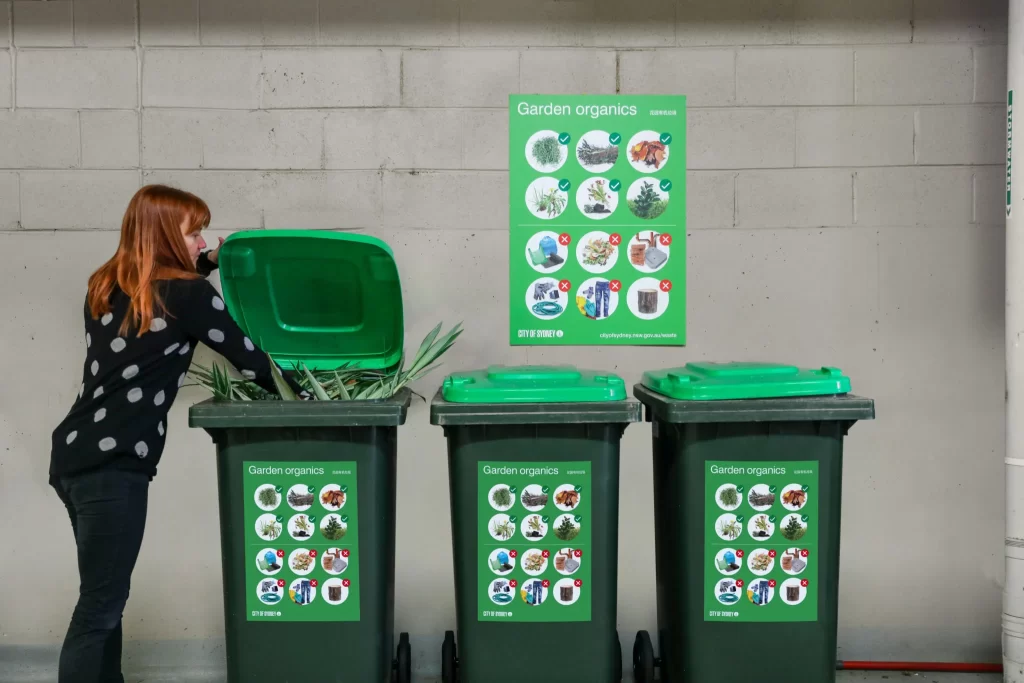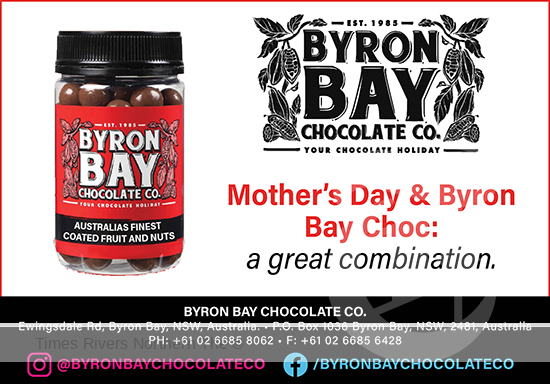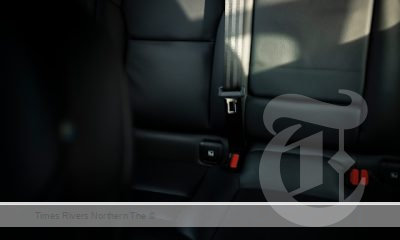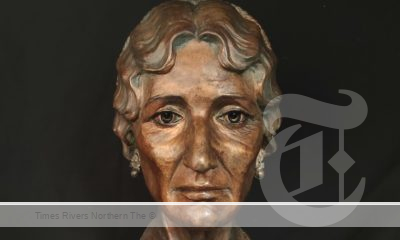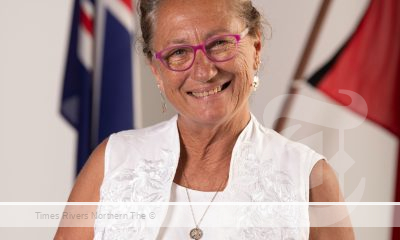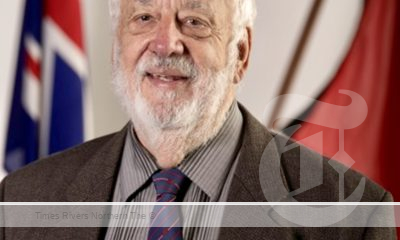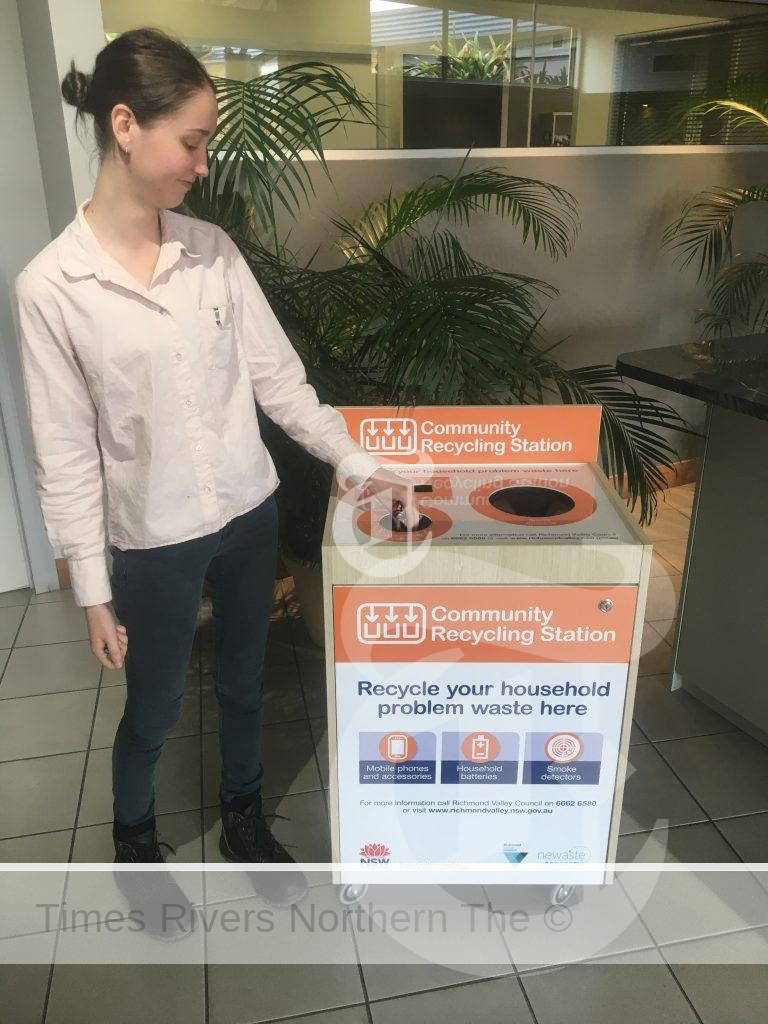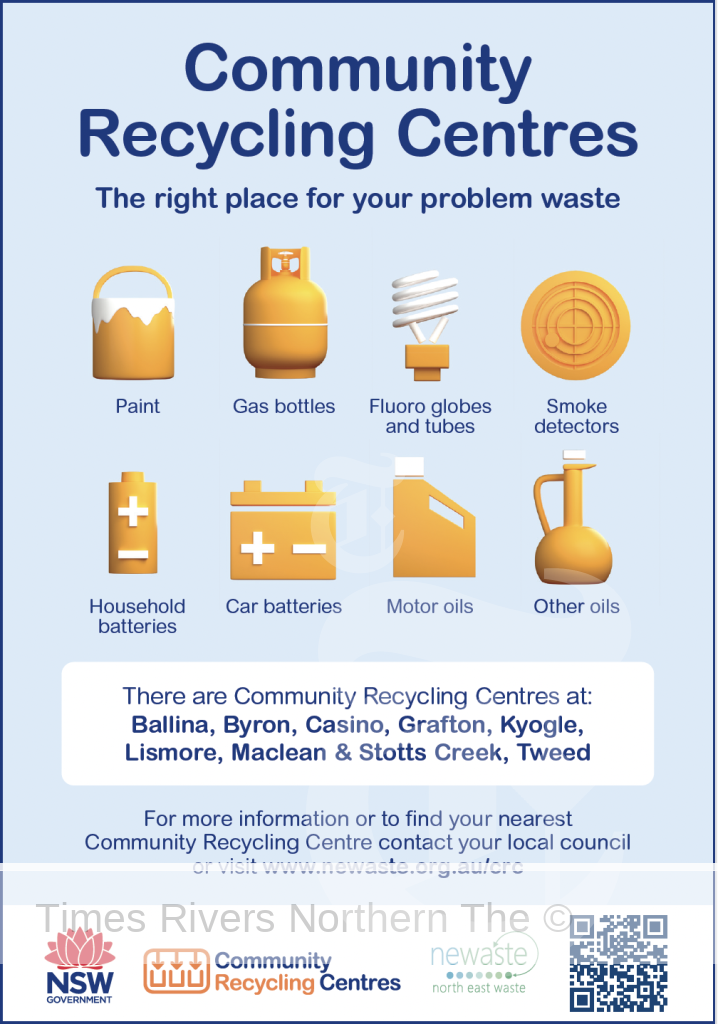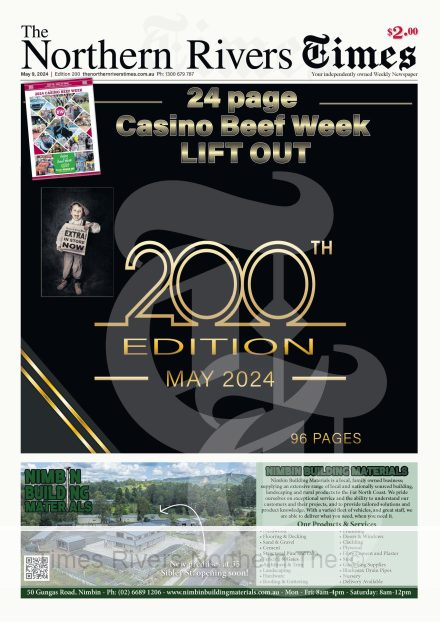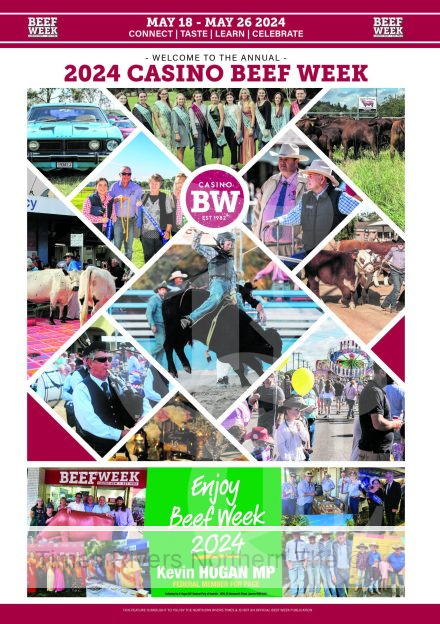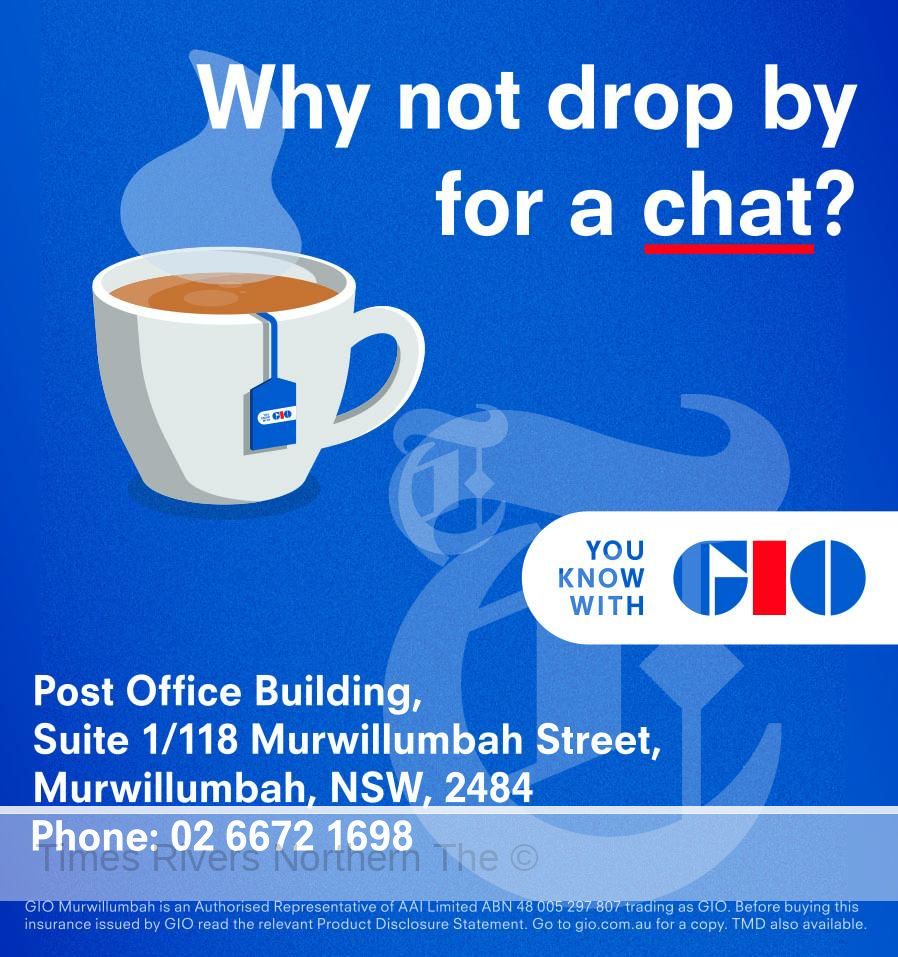LAND NEAR DRAKE VILLAGE SITE RETURNED TO ABORIGINAL COMMUNITY
The NSW Government will return a large parcel of land near Drake Village west of Tenterfield to the local Aboriginal community following a successful land claim.
A total of 104.4 hectares of Crown land across two adjoining blocks at the western edge of the village will be returned as freehold land to the ownership of Jubullum Local Aboriginal Land Council following the land claim by the NSW Local Aboriginal Land Council (NSWALC).
Under the Aboriginal Land Rights Act 1983, Local Aboriginal Land Councils and the NSW Aboriginal Land Council have a right to lodge land claims on Crown land.
Advertisements
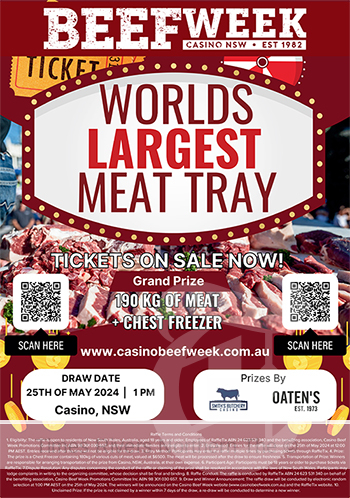
Land claims must be assessed against non-discretionary statutory criteria in the Act, including whether the land was lawfully used or occupied at the time of the claim, or was needed for an essential public purpose.
Minister for Lands and Property Steve Kamper said: “The return of this land to the Jubullum Local Aboriginal Land Council will ensure the future of this important site can be put to productive use for the benefit of the local community.”
“Returning land to Aboriginal people provides tangible economic, social and cultural benefits to Aboriginal and broader communities and we are pleased to see a positive resolution for this land.”
Minister for Aboriginal Affairs and Treaty David Harris said:
“The resolution of land claims such as this is a key aspect of Closing the Gap, empowering Aboriginal people and communities.”
“It delivers on several Closing the Gap targets including supporting economic participation for Aboriginal communities and maintaining the connection of Aboriginal people to land and water.”
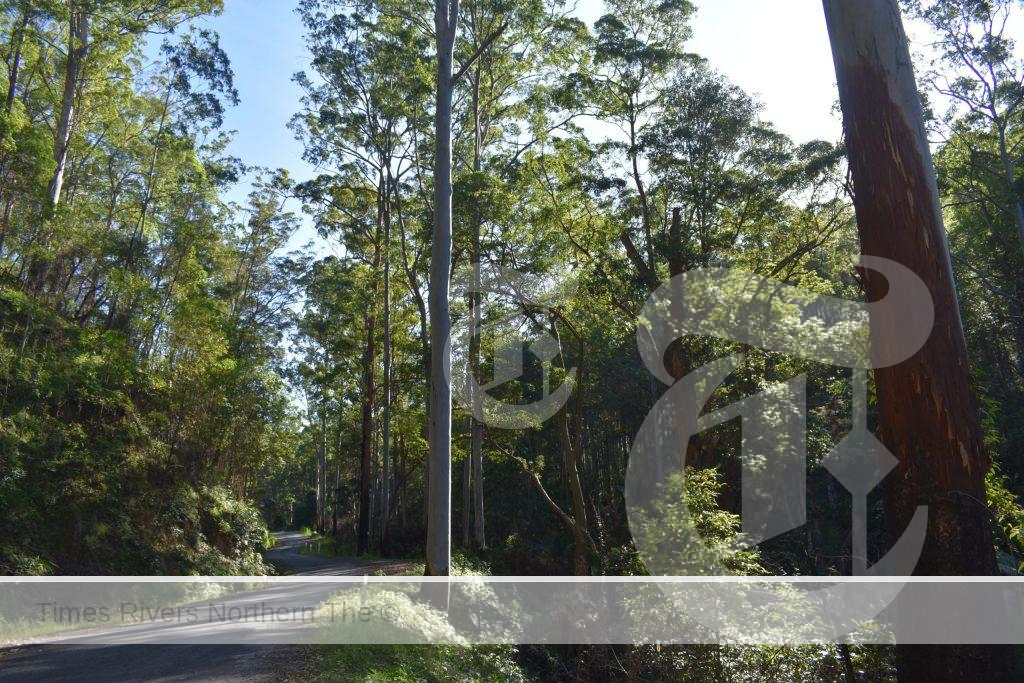
The NSW Government will return a large parcel of land near Drake Village west of Tenterfield to the local Aboriginal community following a successful land claim.
Member for Lismore Janelle Saffin said:
“With the return of this land, we pay our respects to the Traditional Owners, the Ngarabal people, alongside the Jukembal, Bundjalung, Kamilaroi, Githabul and Wahlubul peoples who share a connection to the area. We are proud and privileged to share a rich local history.”
“Through acknowledging the past and our local Aboriginal communities’ connection to Country we will all benefit from deeper cultural understanding, which forms a stronger foundation for a more prosperous future.”
Jubullum Local Aboriginal Land Council CEO Michelle Nagas said:
“The approval of this land claim is very exciting. It involves a substantial block of land close to Drake Village which provides strong opportunities.”
“We will have discussions with the land council and consultations with the community on future use of the site.”
NSW Aboriginal Land Council CEO Yuseph Deen said:
“The NSW Aboriginal Land Council (NSWALC) congratulates the Jubullum Local Aboriginal Land Council on the return of country to Aboriginal hands.”
“A key strategic goal of the NSWALC is pursuing economic self-determination, independence and prosperity for Our people.”
“Central to this is land acquisition and activation; securing the highest and best use returns and generating ongoing benefits fosters prosperity for Local Aboriginal Land Councils and Aboriginal communities.’
“This is particularly important in rural and remote areas of NSW.”
For more environmental news, click here.
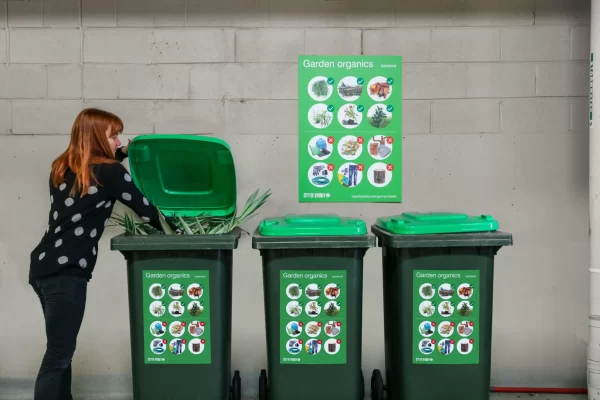

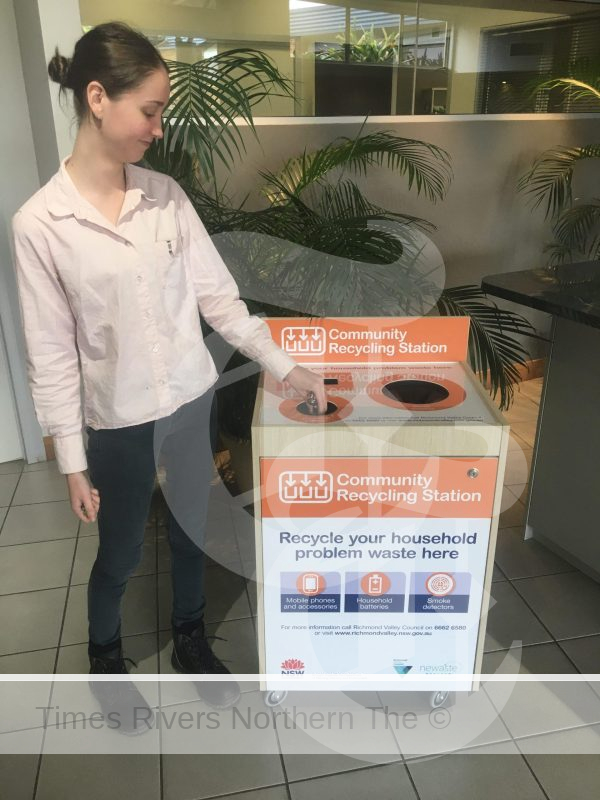
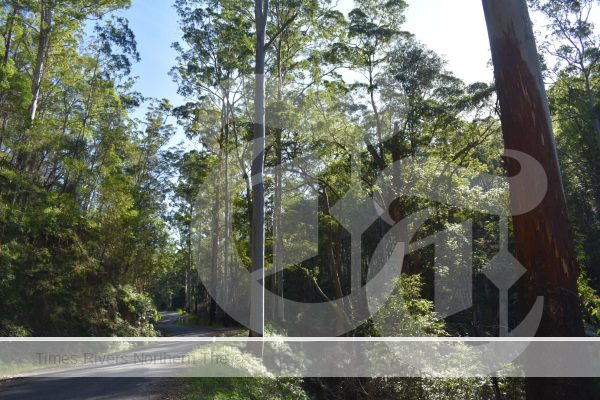

 Tweed Shire News2 years ago
Tweed Shire News2 years ago
 Motoring News1 year ago
Motoring News1 year ago
 COVID-19 Northern Rivers News3 years ago
COVID-19 Northern Rivers News3 years ago
 COVID-19 Northern Rivers News3 years ago
COVID-19 Northern Rivers News3 years ago
 Northern Rivers Local News3 years ago
Northern Rivers Local News3 years ago
 Health News3 years ago
Health News3 years ago
 COVID-19 Northern Rivers News3 years ago
COVID-19 Northern Rivers News3 years ago
 NSW Breaking News3 years ago
NSW Breaking News3 years ago








